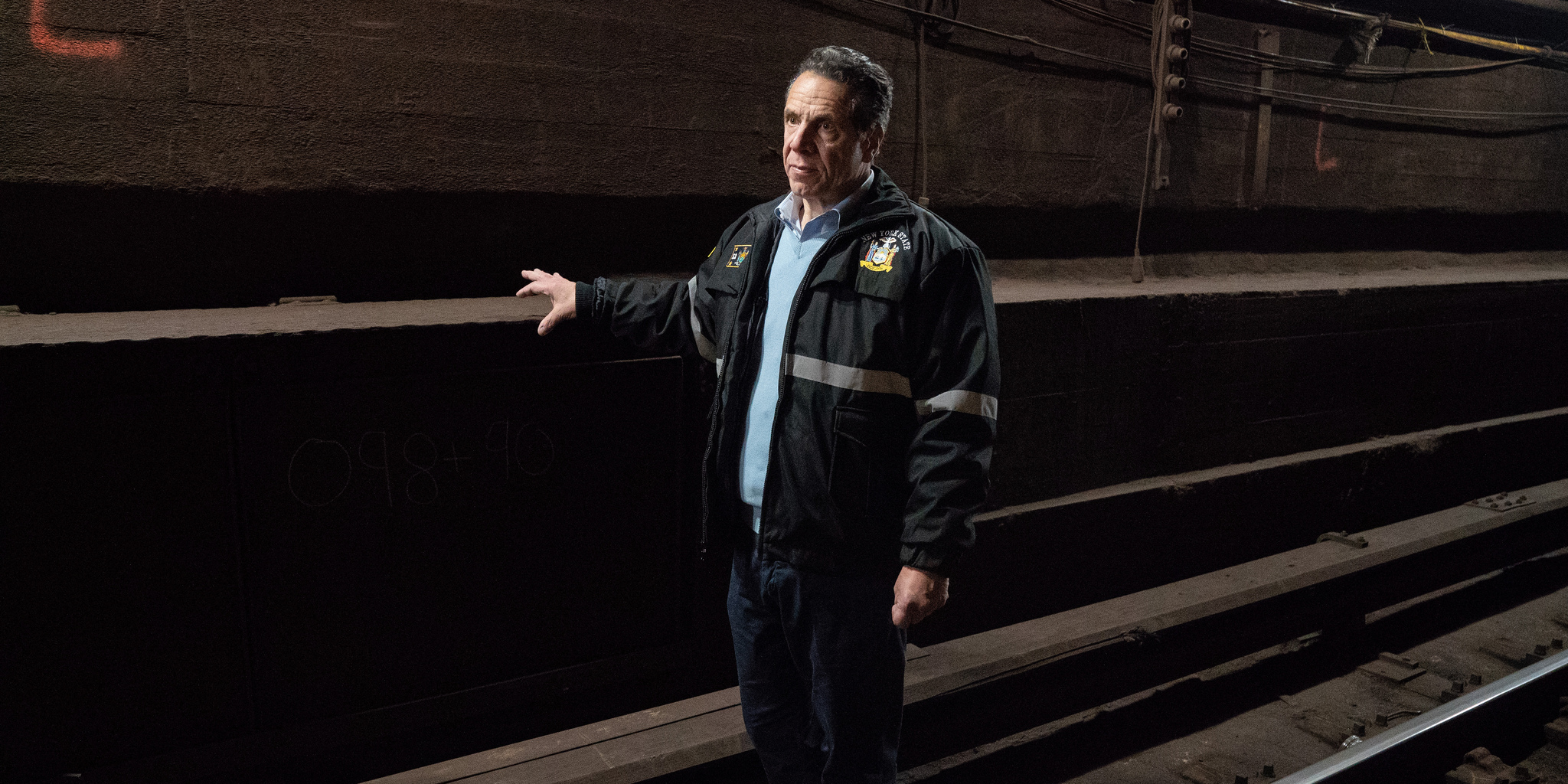- New York Gov. Andrew Cuomo announced a new slate of measures to combat the coronavirus during a Friday press briefing, ratcheting up the state’s workforce reduction to 100%.
- However, there are exceptions for those who work in “essential services.”
- Shortly after Cuomo finished taking questions, New York state released a list of professions and workplaces that count as essential.
- Visit Business Insider’s homepage for more stories.
New restrictions on which businesses can stay open and who can go to work will take effect in New York state on Sunday evening.
Employers will go from having only half of their staff in the office at one time to a 100% reduction, with an exception for “essential services,” according to New York Gov. Andrew Cuomo.
New York now has a list of professions and workplaces that will not have to abide by the order to stay home.
STate finally released essential list that do not need to comply with workforce reductions. Have a look: pic.twitter.com/bsngsIhFmV
— Dan T (@DanielTelvock) March 20, 2020
Healthcare operations

Those who work at hospitals, research and laboratory locations, dentist offices, nursing homes, medical-supply facilities, and walk-in-care centers are all exempt from staying at home.
Cuomo has enlisted private labs and established drive-thru locations to increase the number of COVID-19 tests amid a nationwide shortage.
Infrastructure and transportation

Those who work in public utilities, power generation, telecommunications, the airline industry, and public transportation are exempt.
This includes not only subway operators and bus drivers but also those who do contract work for ride-hailing apps like Uber and Lyft.
Manufacturing

The manufacturing sector has several exceptions under the 100% workforce reduction, including:
- Food processing, including all foods and beverages.
- Chemicals.
- Medical equipment and instruments.
- Pharmaceuticals.
- Safety and sanitary products.
- Telecommunications.
- Microelectronics and semiconductor.
- Agriculture/farms.
- Paper products.
'Essential retail'

Most businesses will have to shutter their offices and have employees work from home, but others related to health and safety will stay open as usual. Bars and restaurants will continue to be limited to serving food exclusively through takeout and delivery.
Exempt businesses are:
- Grocery stores, including all food and beverage stores.
- Pharmacies.
- Convenience stores.
- Farmers markets.
- Gas stations.
- Restaurants and bars (but only for take-out and delivery).
- Hardware and building material stores.
News media

News outlets are exempt under the executive order, though many publications - including Insider Inc. - have been under work-from-home mandates, with some exceptions.
Financial services

Employees in certain financial-service fields will be exempt:
- Banks.
- Insurance.
- Payroll.
- Accounting.
Miscellaneous 'essential services'

A wide-reaching set of professions are also exempt if their work is essential to the general welfare of society:
- Trash and recycling collection, processing, and disposal.
- Mail and shipping services.
- Laundromats and dry cleaning.
- Building cleaning and maintenance.
- Childcare services.
- Auto repair.
- Warehouse and distribution and fulfillment.
- Funeral homes, crematoriums, and cemeteries.
- Storage for essential businesses.
- Animal shelters and animal care and management.
The full guidance from New York state can be found here.
